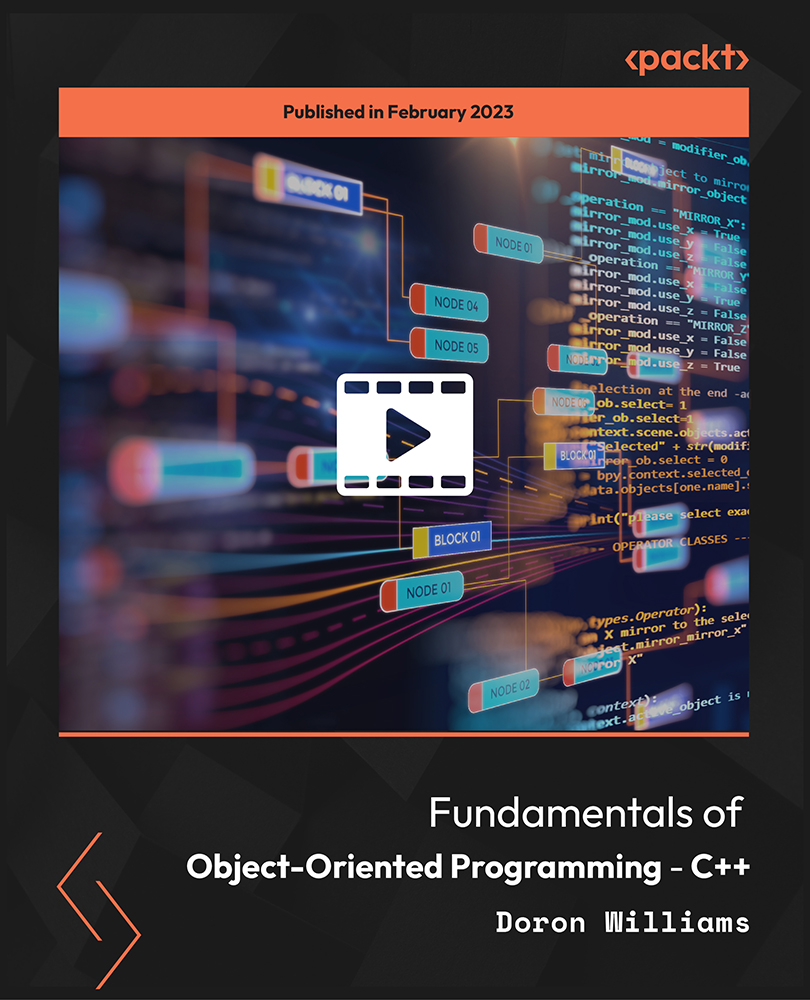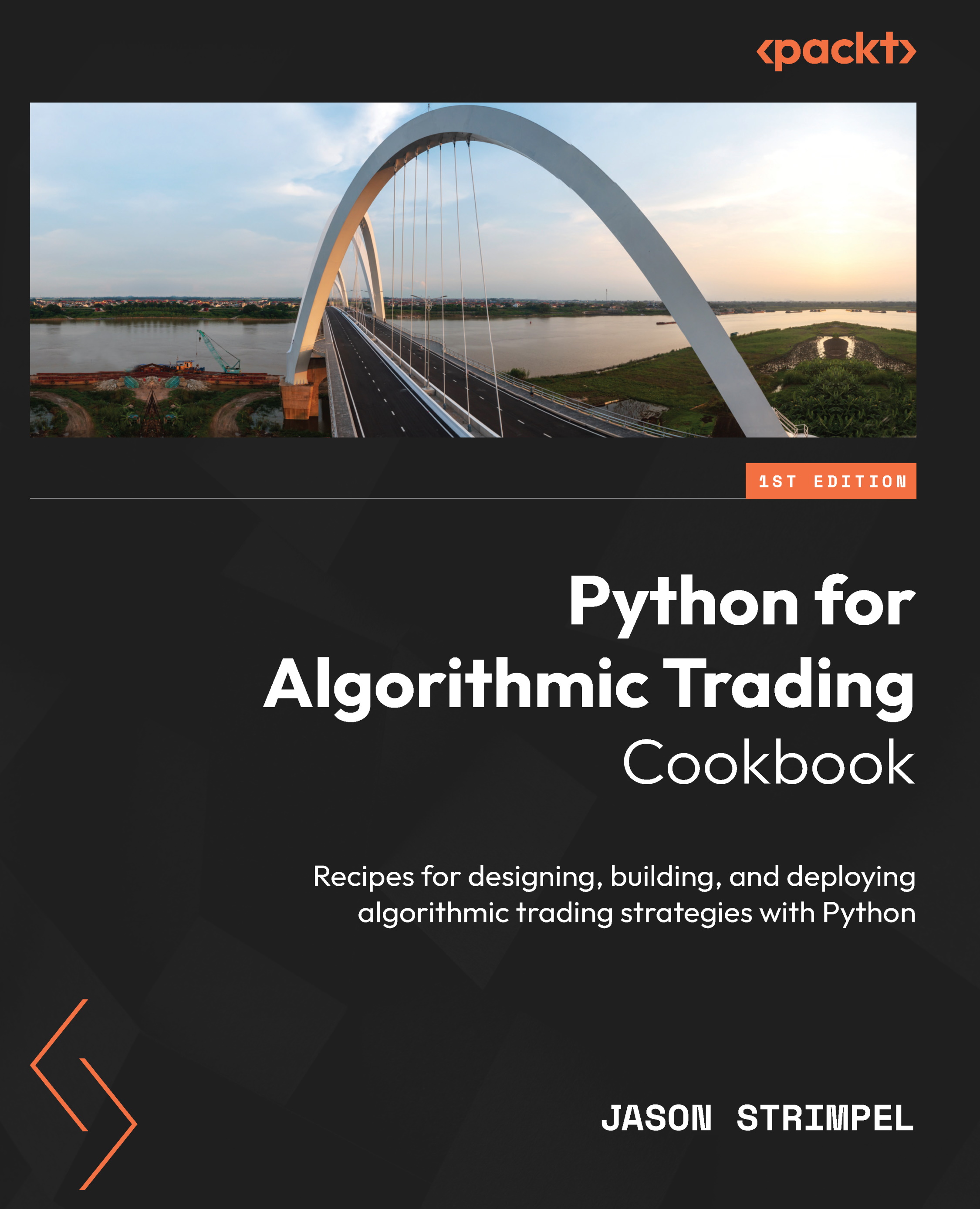The Datadog IPO in September marked an important moment for the tech industry. This wasn’t just because the company was the fourth tech startup to reach a $10 billion market cap in 2019, but also because it announced something that many people, particularly those in and around Silicon Valley, have been aware of for some time: the most valuable software products in the world aren’t just those that offer speed, and efficiency, they’re those that provide visibility, and security across our software systems.
It shouldn’t come as a surprise. As software infrastructure becomes more complex, constantly shifting and changing according to the needs of users and businesses, the ability to assume some degree of control emerges as particularly precious.
Indeed, the idea of control and stability might feel at odds with a decade or so that has prized innovation at speed. The mantra ‘move fast and break things’ is arguably one of the defining ones of the last decade. And while that lust for change might never disappear, it’s nevertheless the case that we’re starting to see a mindset shift in how business leaders think about technology. If everyone really is a tech company now, there’s now a growing acceptance that software needs to be treated with more respect and care.
The Datadog IPO, then, is just the tip of an iceberg in which monitoring, observability, security, and resiliency tools have started to capture the imagination of technology leaders.
While what follows is far from exhaustive, it does underline some of the key players in a growing field. Whether you're an investor or technology decision maker, here are ten tech startups you should watch out for in 2020 from across the cloud and DevOps space.
Honeycomb
Honeycomb has been at the center of the growing conversation around observability. Designed to help you “own production in hi-res,” what makes it unique in the market is that it allows you to understand and visualize your systems through high-cardinality dimensions (eg. at a user by user level, rather than, say, browser type or continent).
The driving force behind Honeycomb is Charity Majors, its co-founder and former CEO. I was lucky enough to speak to her at the start of the year, and it was clear that she has an acute understanding of the challenges facing engineering teams.
What was particularly striking in our conversation is how she sees Honeycomb as a tool for empowering developers. It gives them ownership over the code they write and the systems they build. “Ownership gives you the power to fix the thing you know you need to fix and the power to do a good job…” she told me. “People who find ownership is something to be avoided – that’s a terrible sign of a toxic culture.”
Honeycomb’s investment status
At the time of writing, Honeycomb has received $26.9 million in funding, with $11.4 million series A back in September.
Firehydrant
“You just got paged. Now what?” That’s the first line that greets you on the FireHydrant website. We think it sums up many of the companies on this list pretty well; many of the best tools in the DevOps space are designed to help tackle the challenges on-call developers face.
FireHydrant isn't a tech startup with the profile of Honeycomb. However, as an incident management tool that integrates very neatly into a massive range of workflow tools, we’re likely to see it gain traction in 2020. We particularly like the one-click post mortem feature - it’s clear the product has been built in a way that allows developers to focus on the hard stuff and minimize the things that can just suck up time.
FireHydrant’s investment status
FireHydrant has raised $1.5 million in seed funding.
NS1
Managing application traffic can be business-critical. That’s why NS1 exists; with DNS, DHCP and IP address management capabilities, it’s arguably one of the leading tools on the planet for dealing with the diverse and extensive challenges that come with managing massive amounts of traffic across complex interlocking software applications and systems.
The company boasts an impressive roster of clients, including DropBox, The Guardian and LinkedIn, which makes it hard to bet against NS1 going from strength to strength in 2020. Like all software adoption, it might take some time to move beyond the realms of the largest and most technically forward-thinking organizations, but it’s surely only a matter of time until it the importance of smarter and more efficient becomes clear to even the smallest businesses.
NS1’s investment status
NS1 has raised an impressive $78.4 million in funding from investors (although it’s important to note that it’s one of the oldest companies on this list, founded all the way back in 2013). It received $33 million in series C funding at the beginning of October.
Rookout
“It’s time to liberate your data” Rookout implores us. For too long, the startup’s argument goes, data has been buried inside our applications where it’s useless for developers and engineers. Once it has been freed, it can help inform how we go about debugging and monitoring our systems.
Designed to work for modern architectural and deployment patterns such as Kubernetes and serverless, Rookout is a tool that not only brings simplicity in the midst of complexity, it can also save engineering teams a serious amount of time when it comes to debugging and logging - the company claims by 80%. Like FireHydrant, this means engineers can focus on other areas of application performance and resilience.
Rookout’s investment status
Back in August, Rookout raised $8 million in Series A funding, taking its total funding amount to $12.2 million dollars.
LaunchDarkly
Feature flags or toggles are a concept that have started to gain traction in engineering teams in the last couple of years or so. They allow engineering teams to “modify system behavior without changing code” (thank you Martin Fowler).
LaunchDarkly is a platform specifically built to allow engineers to use feature flags. At a fundamental level, the product allows DevOps teams to deploy code (ie. change features) quickly and with minimal risk. This allows for testing in production and experimentation on a large scale.
With support for just about every programming language, it’s not surprising to see LaunchDarkly boast a wealth of global enterprises on its list of customers. This includes IBM and NBC.
LaunchDarkly’s investment status
LaunchDarkly raised $44 million in series C funding early in 2019. To date, it has raised $76.3 million. It’s certainly one to watch closely in 2020; it's ability to help teams walk the delicate line between innovation and instability is well-suited to the reality of engineering today.
Gremlin
Gremlin is a chaos engineering platform designed to help engineers to ‘stress test’ their software systems. This is important in today’s technology landscape. With system complexity making unpredictability a day-to-day reality, Gremlin lets you identify weaknesses before they impact customers and revenue.
Gremlin’s mission is to “help build a more reliable internet.” That’s not just a noble aim, it’s an urgent one too. What’s more, you can see that the business is really living out its mission. With Gremlin Free launching at the start of 2019, and the second ChaosConf taking place in the fall, it’s clear that the company is thinking beyond the core product: they want to make chaos engineering more accessible to a world where resilience can feel impossible in the face of increasing complexity.
Unlock access to the largest independent learning library in Tech for FREE!
Get unlimited access to 7500+ expert-authored eBooks and video courses covering every tech area you can think of.
Renews at €18.99/month. Cancel anytime
Gremlin’s investment status
Since being founded back in 2016 by CTO Matt Fornaciari and CEO Kolton Andrus, Gremlin has raised $26.8Million in funding from Redpoint Ventures, Index Ventures, and Amplify Partners.
Cockroach Labs
Cockroach Labs is the organization behind CockroachDB, the cloud-native distributed SQL database. CockroachDB’s popularity comes from two things: it’s ability to scale from a single instance to thousands, and it’s impressive resilience. Indeed, its resilience is where it takes its name from. Like a cockroach, CockroachDB is built to keep going even after everything else has burned to the ground.
It’s been an interesting year for CockroachLabs and CockroachDB - in June the company changed the CockroachDB core licence from open source Apache license to the Business Source License (BSL), developed by the MariaDB team. The reason for this was ultimately to protect the product as it seeks to grow. The BSL still means the source code is accessible for any use other than for a DBaaS (you’ll need an enterprise license for that).
A few months later, the company took another step in pushing forward in the market with $55 million series C funding. Both stories were evidence that CockroachLabs is setting itself up for a big 2020. Although the database market will always be seriously competitive, with resilience as a core USP it’s hard to bet against Cockroach Labs. Cockroaches find a way, right?
CockroachLabs investment status
CockroachLabs total investment, following on from that impressive round of series C funding is now $108.5 million.
Logz.io
Logz.io is another platform in the observability space that you really need to watch out for in 2020. Built on the ELK stack (ElasticSearch, Logstash, and Kibana), what makes Logz.io really stand out is the use of machine learning to help identify issues across thousands and thousands of logs.
Logz.io has been on ‘ones to watch’ lists for a number of years now. This was, we think, largely down to the rising wave of AI hype. And while we wouldn’t want to underplay its machine learning capabilities, it’s perhaps with the increasing awareness of the need for more observable software systems that we’ll see it really pack a punch across the tech industry.
Logz.io’s investment status
To date, Logz.io has raised $98.9 million.
FaunaDB
Fauna is the organization behind FaunaDB. It describes itself as “a global serverless database that gives you ubiquitous, low latency access to app data, without sacrificing data correctness and scale.”
The database could be big in 2020. With serverless likely to go from strength to strength, and JAMstack increasing as a dominant approach for web developers, everything the Fauna team have been doing looks as though it will be a great fit for the shape of the engineering landscape in the future.
Fauna’s investment status
In total, Fauna has raised $32.6 million in funding from investors.
Clubhouse
One thing that gets overlooked when talking about DevOps and other issues in software development processes is simple project management. That’s why Clubhouse is such a welcome entry on this list.
Of course, there are a massive range of project management tools available at the moment. But one of the reasons Clubhouse is such an interesting product is that it’s very deliberately built with engineers in mind. And more importantly, it appears it’s been built with an acute sense of the importance of enjoyment in a project management product.
Clubhouse’s investment status
Clubhouse has, to date, raised $16 million. As we see a continuing emphasis on developer experience, the tool is definitely one to watch in a tough marketplace.
Conclusion: embrace the unpredictable
The tech industry feels as unpredictable as the software systems we're building and managing. But while there will undoubtedly be some surprises in 2020, the need for greater security and resilience are themes that no one should overlook.
Similarly, the need to gain more transparency and build for observability are critical. Whether you're an investor, business leader, or even an engineer, then, exploring the products that are shaping and defining the space is vital.
 United States
United States
 Great Britain
Great Britain
 India
India
 Germany
Germany
 France
France
 Canada
Canada
 Russia
Russia
 Spain
Spain
 Brazil
Brazil
 Australia
Australia
 Singapore
Singapore
 Canary Islands
Canary Islands
 Hungary
Hungary
 Ukraine
Ukraine
 Luxembourg
Luxembourg
 Estonia
Estonia
 Lithuania
Lithuania
 South Korea
South Korea
 Turkey
Turkey
 Switzerland
Switzerland
 Colombia
Colombia
 Taiwan
Taiwan
 Chile
Chile
 Norway
Norway
 Ecuador
Ecuador
 Indonesia
Indonesia
 New Zealand
New Zealand
 Cyprus
Cyprus
 Denmark
Denmark
 Finland
Finland
 Poland
Poland
 Malta
Malta
 Czechia
Czechia
 Austria
Austria
 Sweden
Sweden
 Italy
Italy
 Egypt
Egypt
 Belgium
Belgium
 Portugal
Portugal
 Slovenia
Slovenia
 Ireland
Ireland
 Romania
Romania
 Greece
Greece
 Argentina
Argentina
 Netherlands
Netherlands
 Bulgaria
Bulgaria
 Latvia
Latvia
 South Africa
South Africa
 Malaysia
Malaysia
 Japan
Japan
 Slovakia
Slovakia
 Philippines
Philippines
 Mexico
Mexico
 Thailand
Thailand














